Rice Subsidy
입력 2018.11.09 (14:56)
수정 2018.11.09 (15:13)
읽어주기 기능은 크롬기반의
브라우저에서만 사용하실 수 있습니다.
[Anchor Lead]
The government and the ruling party have decided to raise the target price for rice subsidies and revise the relevant laws to reflect consumer price inflation. The opposition camp is demanding that the target price be raised to 220,000 won.
[Pkg]
The government and the ruling party have set the target price for rice farm subsidies at 196,000 won. It reflects the inflation rates of the past five years. The ruling and opposition camps largely agree that the current laws on farm income must be amended in order to change the way the target rice price is set. However, the Liberty Korea Party is calling for setting the target price at 220,000 won or higher to reflect the inflation rates of the past ten years. An analysis conducted by the Moon administration and the ruling party shows that a thousand-won increase in the target price requires 38 billion won in government spending. Meaning, if the target price is raised to 220,000 won, more than 1.1 trillion won will be needed, which is quite a burden for the government. Moreover, the analysis shows an excessive raise in the target price may trigger oversupply of rice and subsequently lead to farmers' income deterioration.
[Soundbite] Rep. Park Wan-ju(Democratic Party) : "Rice prices will eventually plummet, which will lead to a wide difference with the target price and more spending on farm subsidies. This is how things have been over the past 13 years."
The government and the ruling party have decided to review and start from scratch, how state subsidies are paid to rice farmers. Under the new plan, small farms will receive a certain amount of subsidies, and an equal amount will be provided for all kinds of crops.
[Soundbite] Kim Hyun-soo(Vice Minister of Agriculture, Food & Rural Affairs) : "It's about time we focus on stabilizing farmers' incomes rather than damage compensation."
It's unclear for now if the relevant laws will be eventually revised, as the opposition parties are opposing the overhaul of the farming subsidies and is calling for a spike in the agricultural budget.
The government and the ruling party have decided to raise the target price for rice subsidies and revise the relevant laws to reflect consumer price inflation. The opposition camp is demanding that the target price be raised to 220,000 won.
[Pkg]
The government and the ruling party have set the target price for rice farm subsidies at 196,000 won. It reflects the inflation rates of the past five years. The ruling and opposition camps largely agree that the current laws on farm income must be amended in order to change the way the target rice price is set. However, the Liberty Korea Party is calling for setting the target price at 220,000 won or higher to reflect the inflation rates of the past ten years. An analysis conducted by the Moon administration and the ruling party shows that a thousand-won increase in the target price requires 38 billion won in government spending. Meaning, if the target price is raised to 220,000 won, more than 1.1 trillion won will be needed, which is quite a burden for the government. Moreover, the analysis shows an excessive raise in the target price may trigger oversupply of rice and subsequently lead to farmers' income deterioration.
[Soundbite] Rep. Park Wan-ju(Democratic Party) : "Rice prices will eventually plummet, which will lead to a wide difference with the target price and more spending on farm subsidies. This is how things have been over the past 13 years."
The government and the ruling party have decided to review and start from scratch, how state subsidies are paid to rice farmers. Under the new plan, small farms will receive a certain amount of subsidies, and an equal amount will be provided for all kinds of crops.
[Soundbite] Kim Hyun-soo(Vice Minister of Agriculture, Food & Rural Affairs) : "It's about time we focus on stabilizing farmers' incomes rather than damage compensation."
It's unclear for now if the relevant laws will be eventually revised, as the opposition parties are opposing the overhaul of the farming subsidies and is calling for a spike in the agricultural budget.
■ 제보하기
▷ 카카오톡 : 'KBS제보' 검색, 채널 추가
▷ 전화 : 02-781-1234, 4444
▷ 이메일 : kbs1234@kbs.co.kr
▷ 유튜브, 네이버, 카카오에서도 KBS뉴스를 구독해주세요!
- Rice Subsidy
-
- 입력 2018-11-09 14:58:20
- 수정2018-11-09 15:13:35
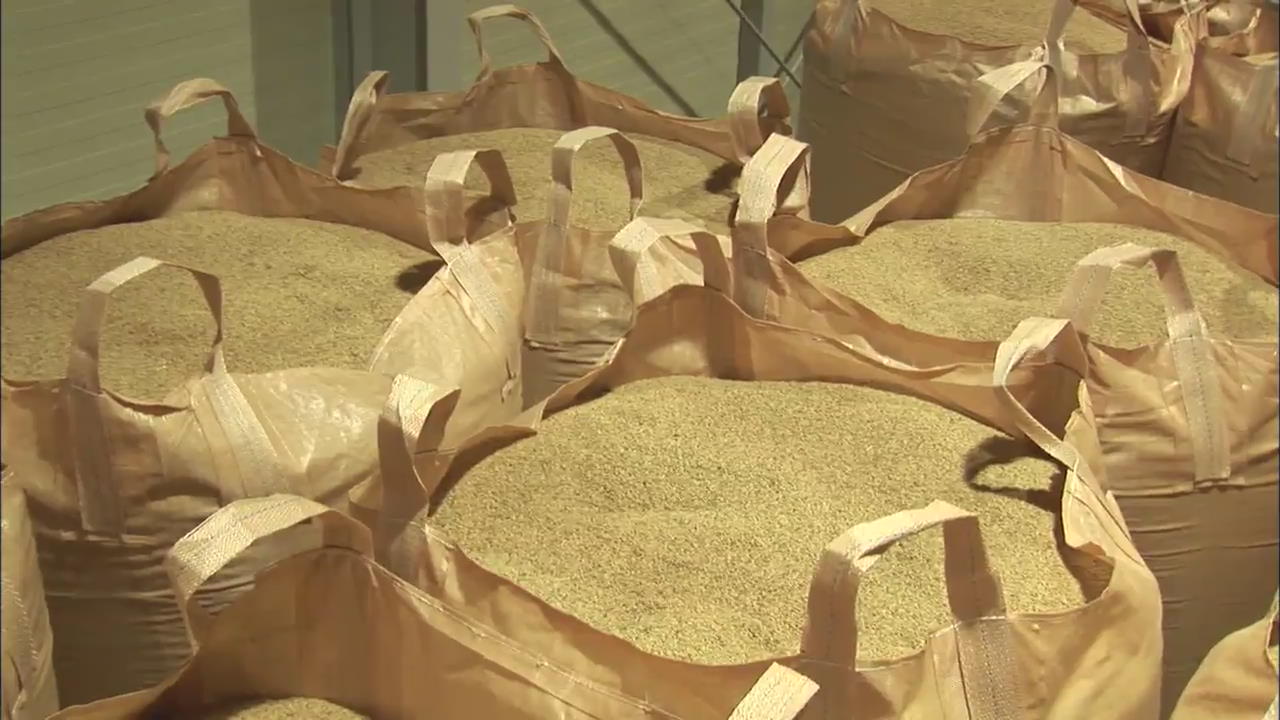
[Anchor Lead]
The government and the ruling party have decided to raise the target price for rice subsidies and revise the relevant laws to reflect consumer price inflation. The opposition camp is demanding that the target price be raised to 220,000 won.
[Pkg]
The government and the ruling party have set the target price for rice farm subsidies at 196,000 won. It reflects the inflation rates of the past five years. The ruling and opposition camps largely agree that the current laws on farm income must be amended in order to change the way the target rice price is set. However, the Liberty Korea Party is calling for setting the target price at 220,000 won or higher to reflect the inflation rates of the past ten years. An analysis conducted by the Moon administration and the ruling party shows that a thousand-won increase in the target price requires 38 billion won in government spending. Meaning, if the target price is raised to 220,000 won, more than 1.1 trillion won will be needed, which is quite a burden for the government. Moreover, the analysis shows an excessive raise in the target price may trigger oversupply of rice and subsequently lead to farmers' income deterioration.
[Soundbite] Rep. Park Wan-ju(Democratic Party) : "Rice prices will eventually plummet, which will lead to a wide difference with the target price and more spending on farm subsidies. This is how things have been over the past 13 years."
The government and the ruling party have decided to review and start from scratch, how state subsidies are paid to rice farmers. Under the new plan, small farms will receive a certain amount of subsidies, and an equal amount will be provided for all kinds of crops.
[Soundbite] Kim Hyun-soo(Vice Minister of Agriculture, Food & Rural Affairs) : "It's about time we focus on stabilizing farmers' incomes rather than damage compensation."
It's unclear for now if the relevant laws will be eventually revised, as the opposition parties are opposing the overhaul of the farming subsidies and is calling for a spike in the agricultural budget.
The government and the ruling party have decided to raise the target price for rice subsidies and revise the relevant laws to reflect consumer price inflation. The opposition camp is demanding that the target price be raised to 220,000 won.
[Pkg]
The government and the ruling party have set the target price for rice farm subsidies at 196,000 won. It reflects the inflation rates of the past five years. The ruling and opposition camps largely agree that the current laws on farm income must be amended in order to change the way the target rice price is set. However, the Liberty Korea Party is calling for setting the target price at 220,000 won or higher to reflect the inflation rates of the past ten years. An analysis conducted by the Moon administration and the ruling party shows that a thousand-won increase in the target price requires 38 billion won in government spending. Meaning, if the target price is raised to 220,000 won, more than 1.1 trillion won will be needed, which is quite a burden for the government. Moreover, the analysis shows an excessive raise in the target price may trigger oversupply of rice and subsequently lead to farmers' income deterioration.
[Soundbite] Rep. Park Wan-ju(Democratic Party) : "Rice prices will eventually plummet, which will lead to a wide difference with the target price and more spending on farm subsidies. This is how things have been over the past 13 years."
The government and the ruling party have decided to review and start from scratch, how state subsidies are paid to rice farmers. Under the new plan, small farms will receive a certain amount of subsidies, and an equal amount will be provided for all kinds of crops.
[Soundbite] Kim Hyun-soo(Vice Minister of Agriculture, Food & Rural Affairs) : "It's about time we focus on stabilizing farmers' incomes rather than damage compensation."
It's unclear for now if the relevant laws will be eventually revised, as the opposition parties are opposing the overhaul of the farming subsidies and is calling for a spike in the agricultural budget.
이 기사가 좋으셨다면
-
좋아요
0
-
응원해요
0
-
후속 원해요
0










![[headline]](https://news.kbs.co.kr/data/news/2018/11/09/4070332_10.jpg)
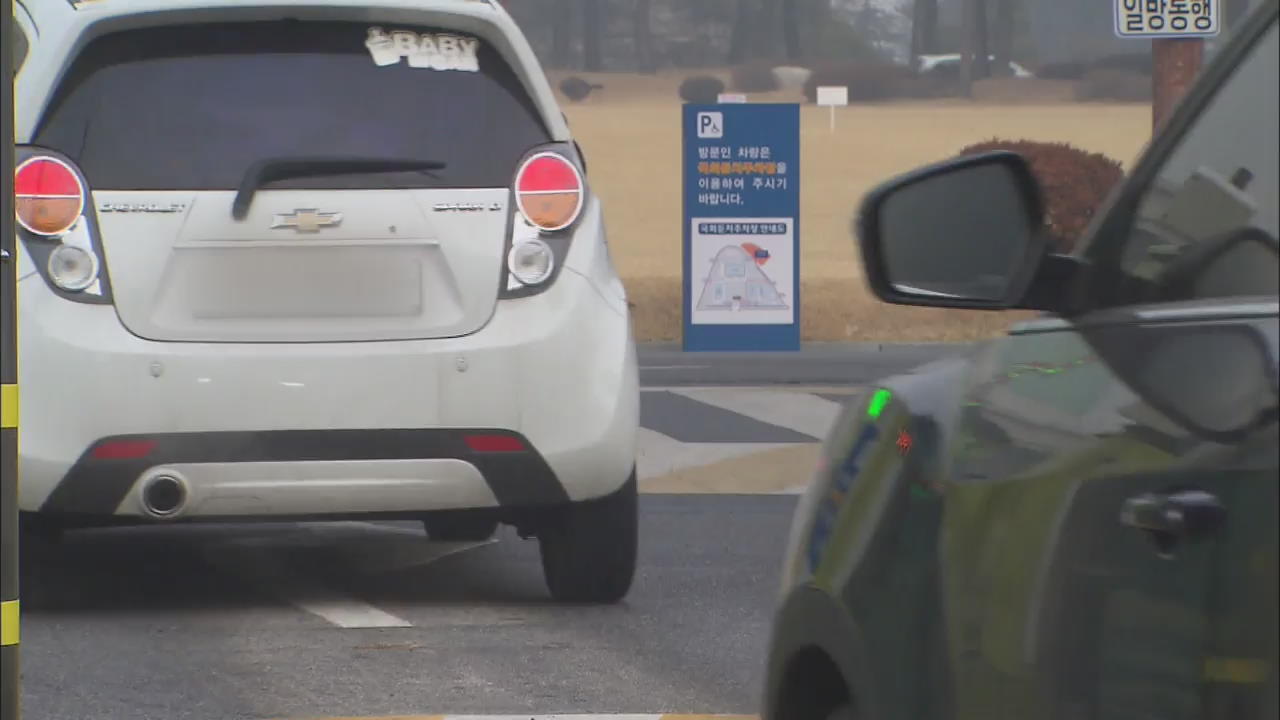
![[단독] “윤석열·김용현 등 공모해 군사상 이익 해쳐”<br>…외환죄 대신 일반이적죄 적용](/data/layer/904/2025/07/20250714_3VTJV3.jpg)
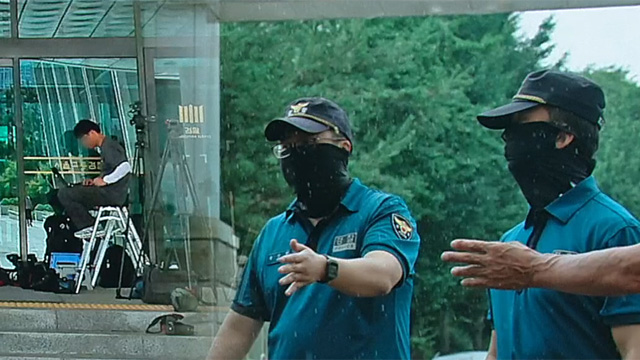
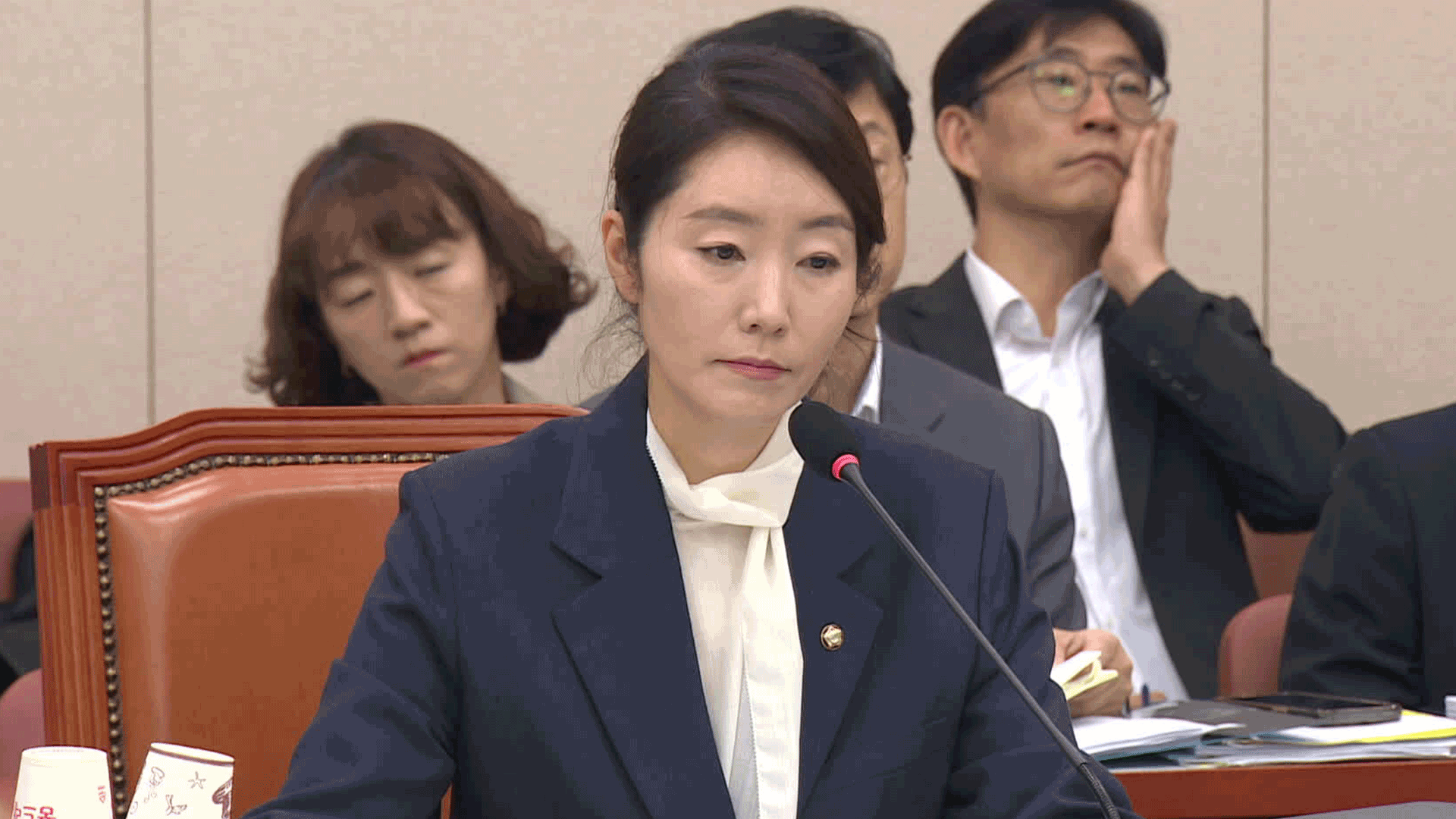
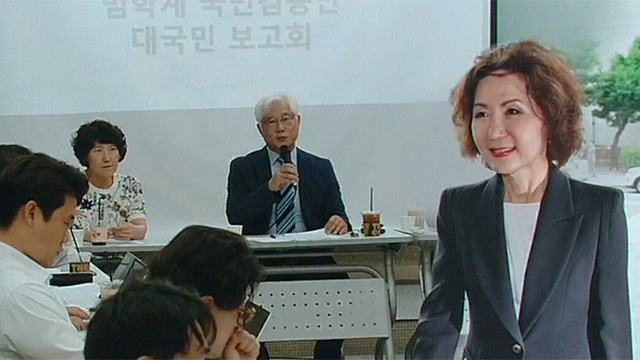

이 기사에 대한 의견을 남겨주세요.